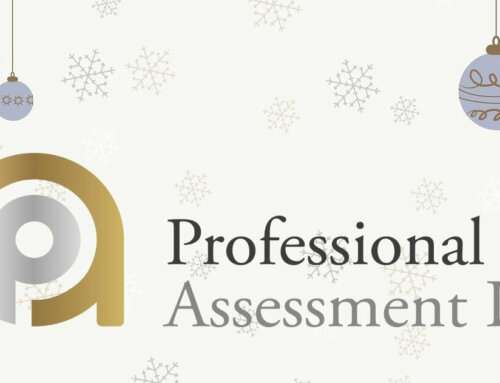By Andrea Bick, National Consultant at Professional Assessment. Acknowledgement to Richard Moore of Richard Moore Solutions
It has recently been reported that, from September 2019, Ofsted intends to make changes to the inspection framework.
At first glance, much of the information around the changes seem to be focussed on primary and secondary education. However, the principles are likely to flow through to FE and Work-based Learning, so providers and colleges need to understand what these changes mean to them.
What are the key changes?
Under the current inspection framework, inspectors make judgements on:
– effectiveness of leadership and management
– quality of teaching, learning and assessment
– personal development, behaviour and welfare
– outcomes for learners
Under the new proposals, the judgements would be made on:
– quality of education
– personal development
– behaviour and attitudes
– leadership and management
The new ‘quality of education’ judgement absorbs the current ‘outcomes’ judgement and expands on the ‘quality of teaching, learning and assessment’ judgement. This new judgement will focus on three distinct areas or ‘The Three Is’:
– Intent: what is meant to be achieved through the programme?
– Implementation: how is the programme being delivered in terms of teaching?
– Impact: what difference is the programme making and what are the outcomes?
Training organisations should make apparent in their programme design what the aims and objectives of their programmes are – what the intent is; decide on appropriate delivery methods to meet these objectives – the implementation; and finally, measure the impact of their training interventions, which includes achievement of learning aims, but also recognises distance travelled.
Providers and colleges should also consider carefully what metrics of progression and performance are crucial for their learners and evaluate programme delivery against these indicators. For apprentices working on standards, a thorough initial assessment should review their current standing against the relevant Knowledge, Skills and Behaviours, and ascertain what development is required. This form of ‘skill scan’ can then be utilised to monitor progress and impact.
Separating the current ‘personal development, behaviour and welfare’ judgement into two distinct judgements will be a welcome development for those who have been responsible for producing Self-Assessment Reports – this section of the report is often the most challenging to compile, therefore the recognition that personal development and behaviour and welfare are not inextricably linked is helpful.
The ‘behaviour and welfare’ judgement should focus training organisations on their relationships with learners and relevant stakeholders, and also on ensuring staff are sufficiently trained in these areas and processes are robust. As an example of the types of things to consider, the DFE has published practical recommendations around PREVENT duty in Work-based Learning which provide pragmatic advice for providers and colleges.
Personal development opportunities (both inside and outside of programme delivery) should be encouraged and nurtured throughout the programme, something that many colleges and providers are very good at doing, but are not always good at recording! Consideration should be given to how the learner’s journey is evidenced, particularly the defined starting point from which to measure their development.
The intention is that the new framework will still contain an overall effectiveness judgement, and all judgements will be made using the current four-point grading scale.
Ofsted will launch a consultation on the new inspection framework in early 2019. The consultation will seek views on each of the inspection handbooks and Ofsted will consider all feedback before finalising the framework. Details of the consultation and how to be involved will be published prior to its commencement.
At Professional Assessment, our experience tells us that training organisations benefit greatly from independent advice from an external organisation. A fresh pair of eyes can act as an overall health check, support continuous improvement and aid Ofsted readiness. PAL has a dedicated team of consultants providing services ranging from advice and guidance to full mock inspections. Our people have in-depth and current practical experience of inspections. They have acted as nominees, and have written Self-assessment Reports and Quality Improvement Plans, so they understand the processes from the provider’s viewpoint. If you are concerned about Ofsted or would like more information regarding how best to facilitate an inspection, please contact us at PAL.






